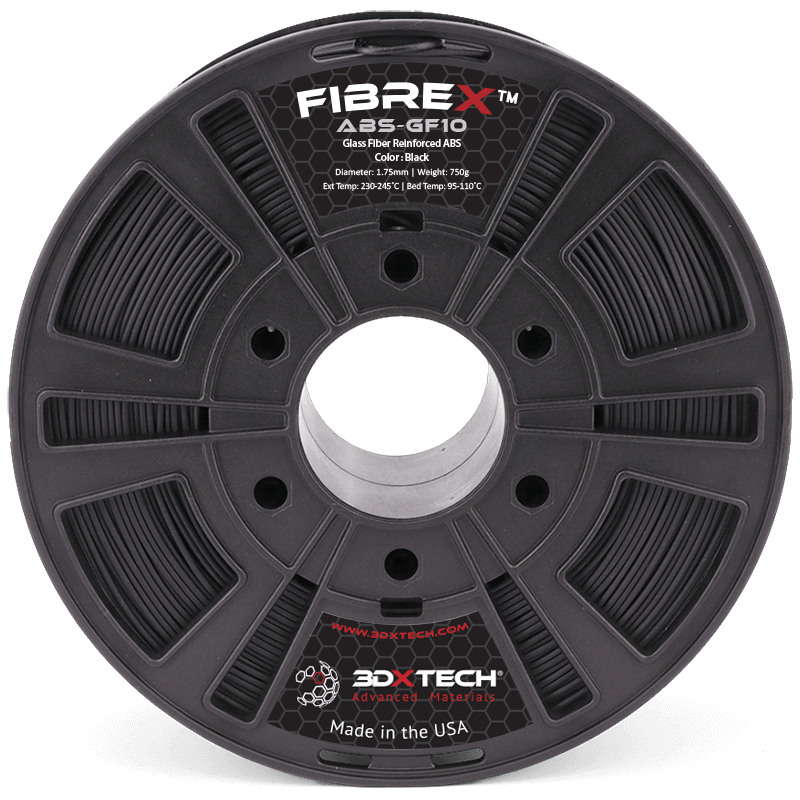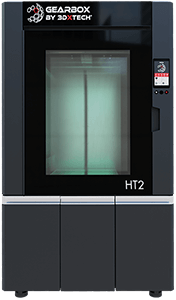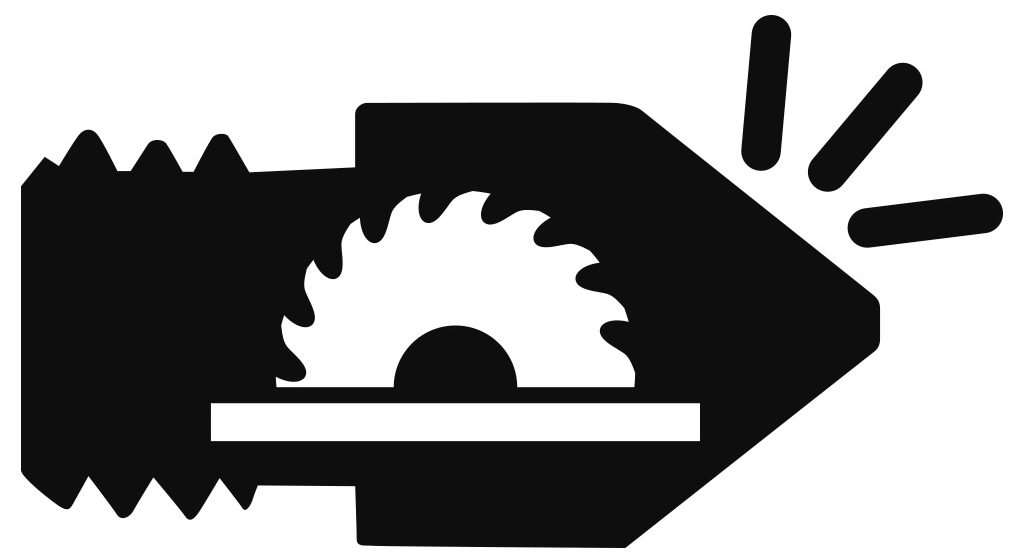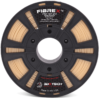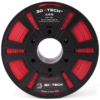FibreX ABS+GF
$48.00 – $120.00
FibreX™ ABS+GF10 glass fiber reinforced ABS is formulated to be stiff and strong with excellent dimensional stability. These features allow you to create structural parts without the lifting and warping that can often happen with unfilled ABS.
FibreX™ ABS+GF (10% Glass Fiber Reinforced ABS) 3D Printing Filament
FibreX™ ABS+GF is glass fiber reinforced ABS. It is tough as nails, very stiff, and strong allowing users to create structural parts without the lifting or warping that can happen with unfilled ABS. We use premium ABS and a special glass fiber chosen to be compatible with ABS and the FDM/FFF 3D printing process.
Gearbox HT2™ 3D Printer: Print industrial-grade parts using our ABS+GF and more with the new Gearbox™ HT2 High-Temp 3D Printer.
Print Recommendations
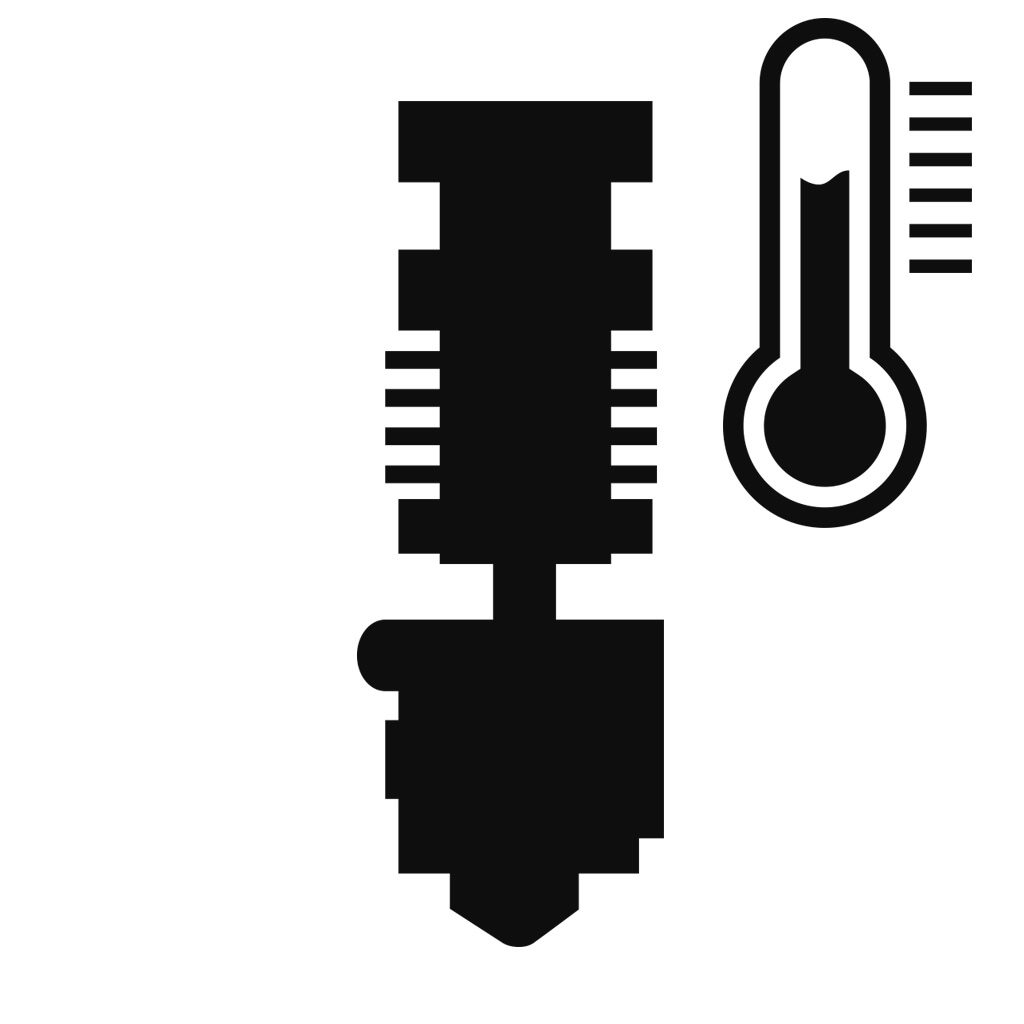
Extruder Temp
230-245°C
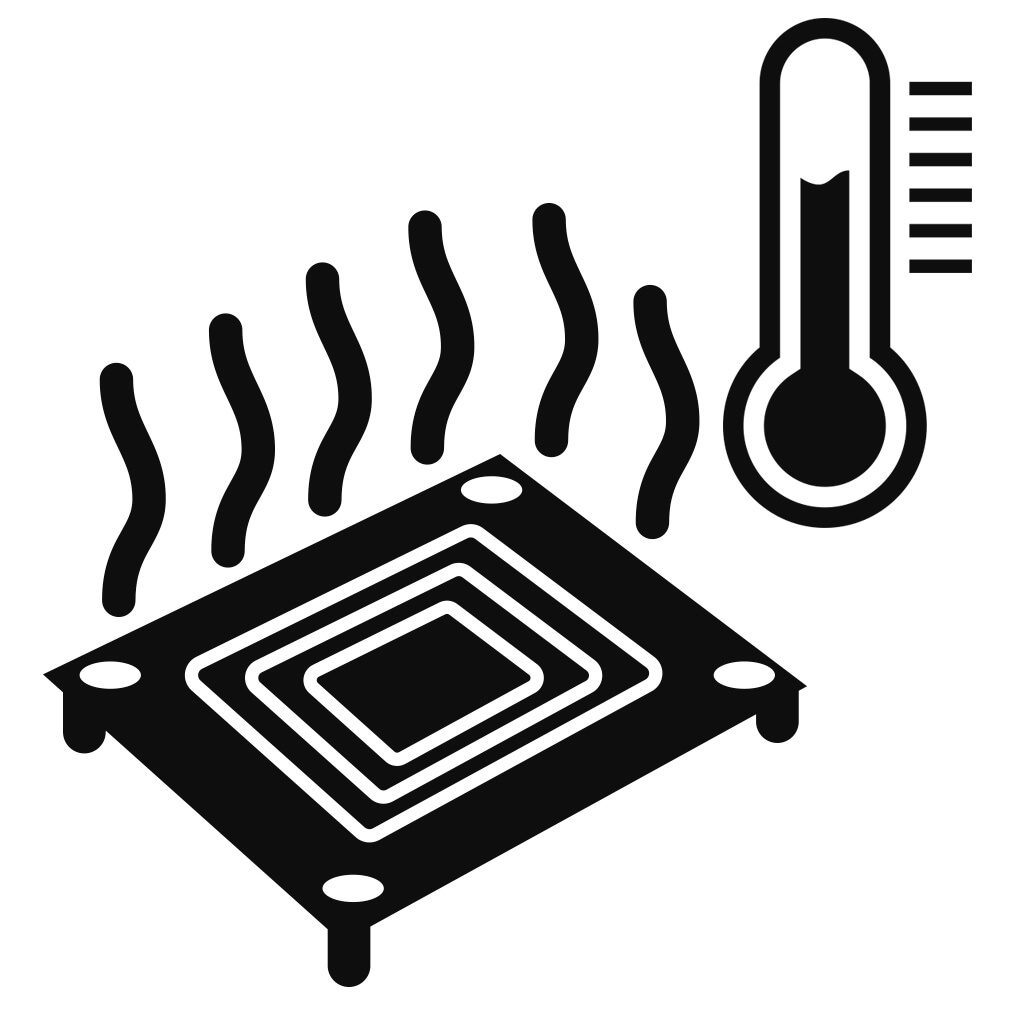
Bed Temp
95-110°C
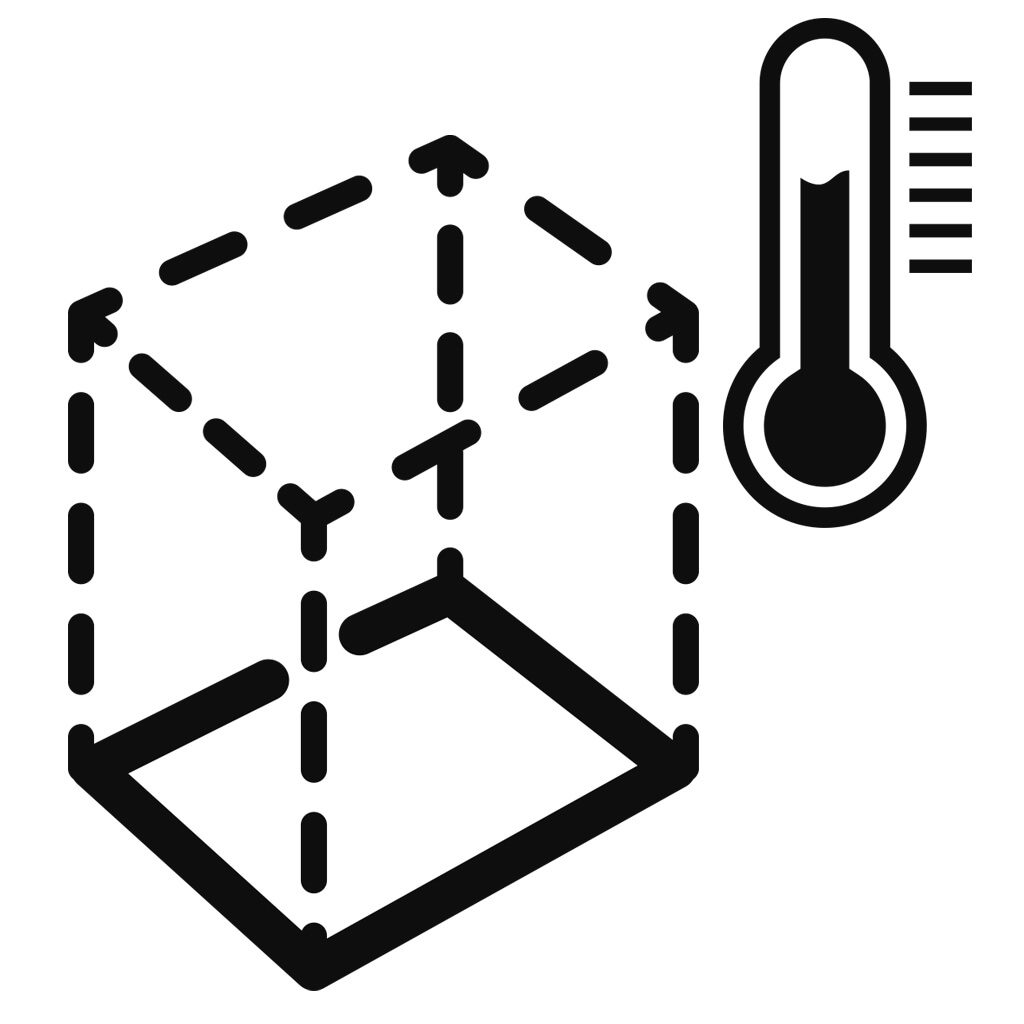
Heated Chamber
Recommended
30-80°C if possible
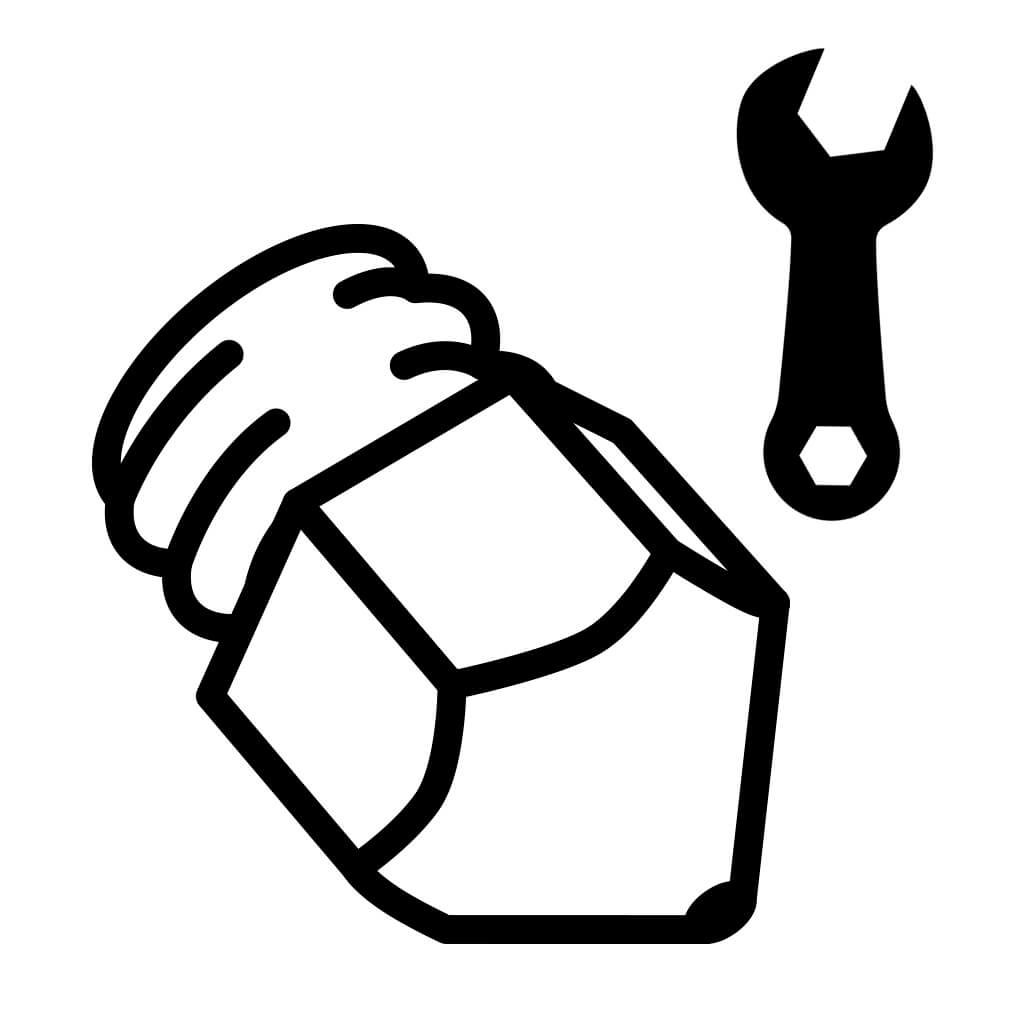
Nozzle Specs
0.4mm diameter minimum
Hardened Steel Nozzle
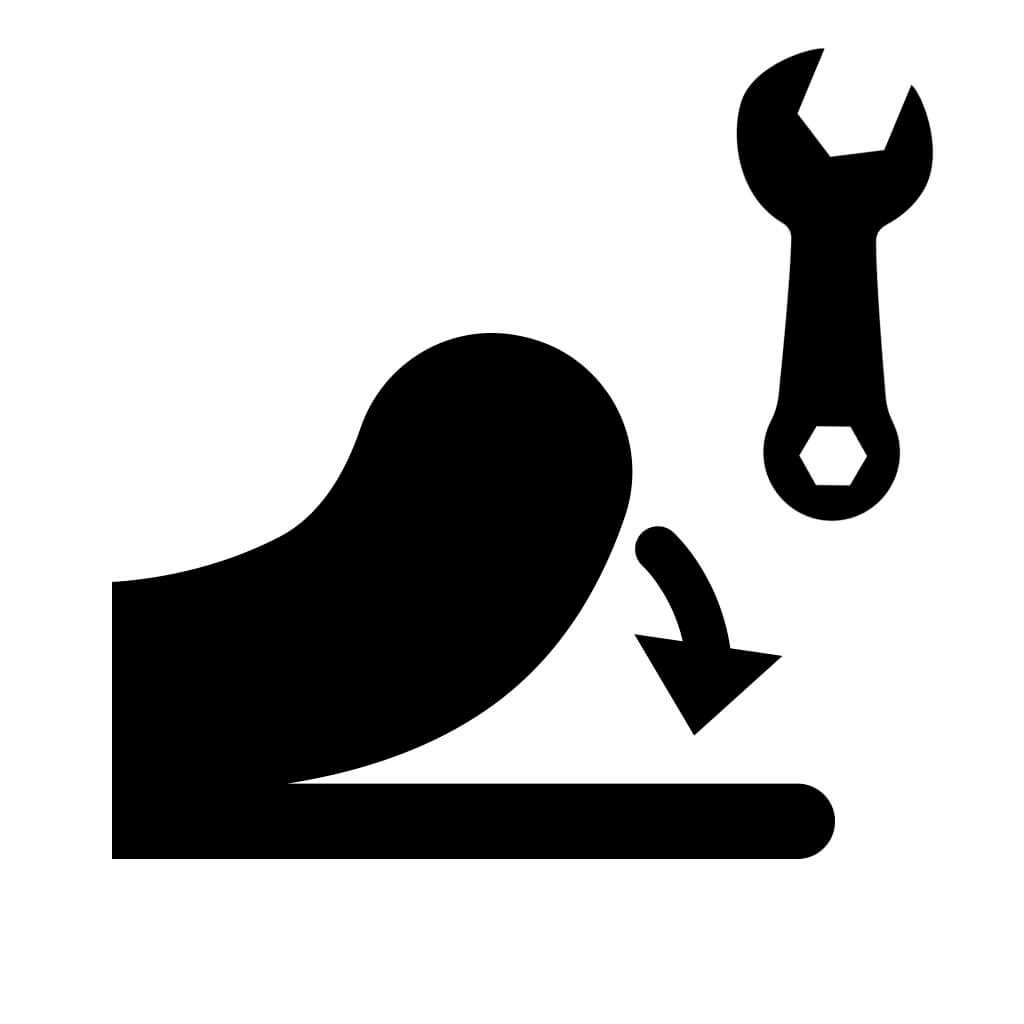
Bed Adhesion
Magigoo Bed Prep
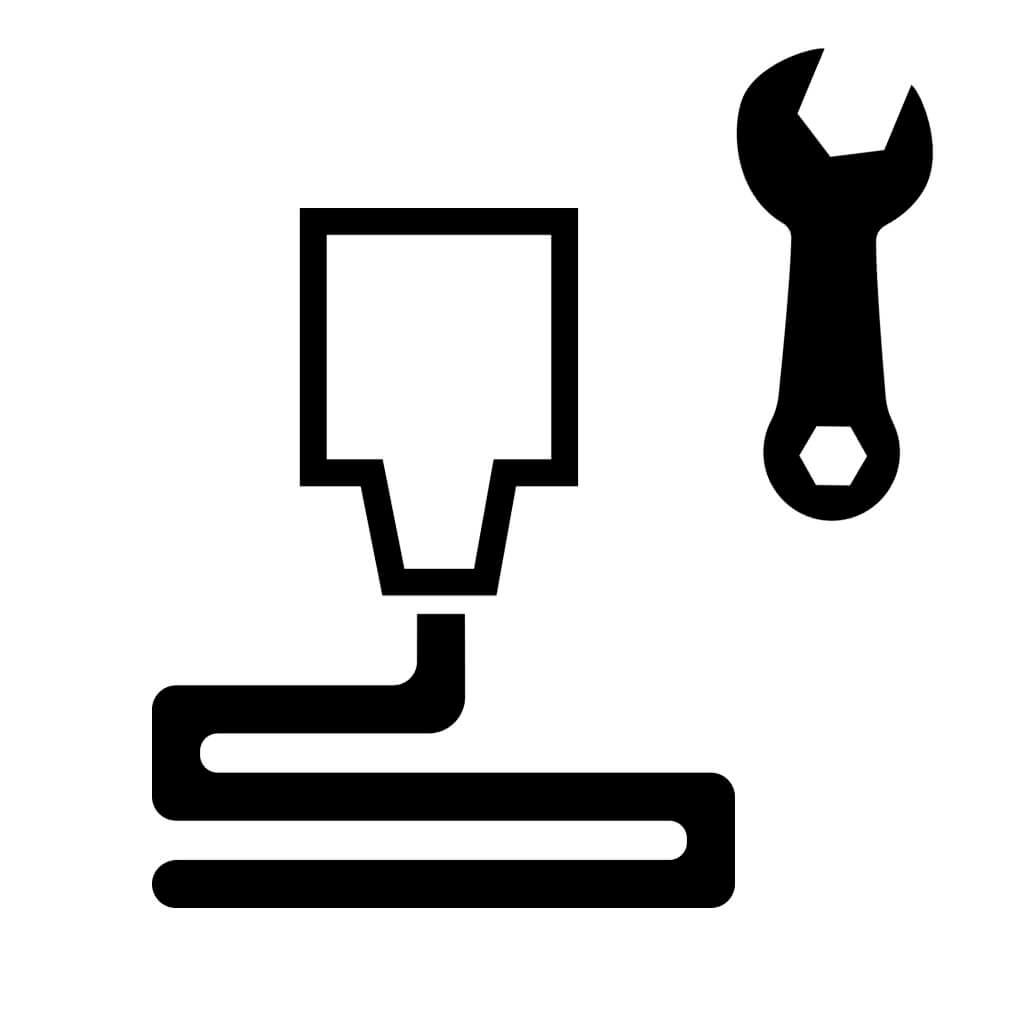
Layer Height
0.25mm or higher

Drying Specs
80°C for 4 hours
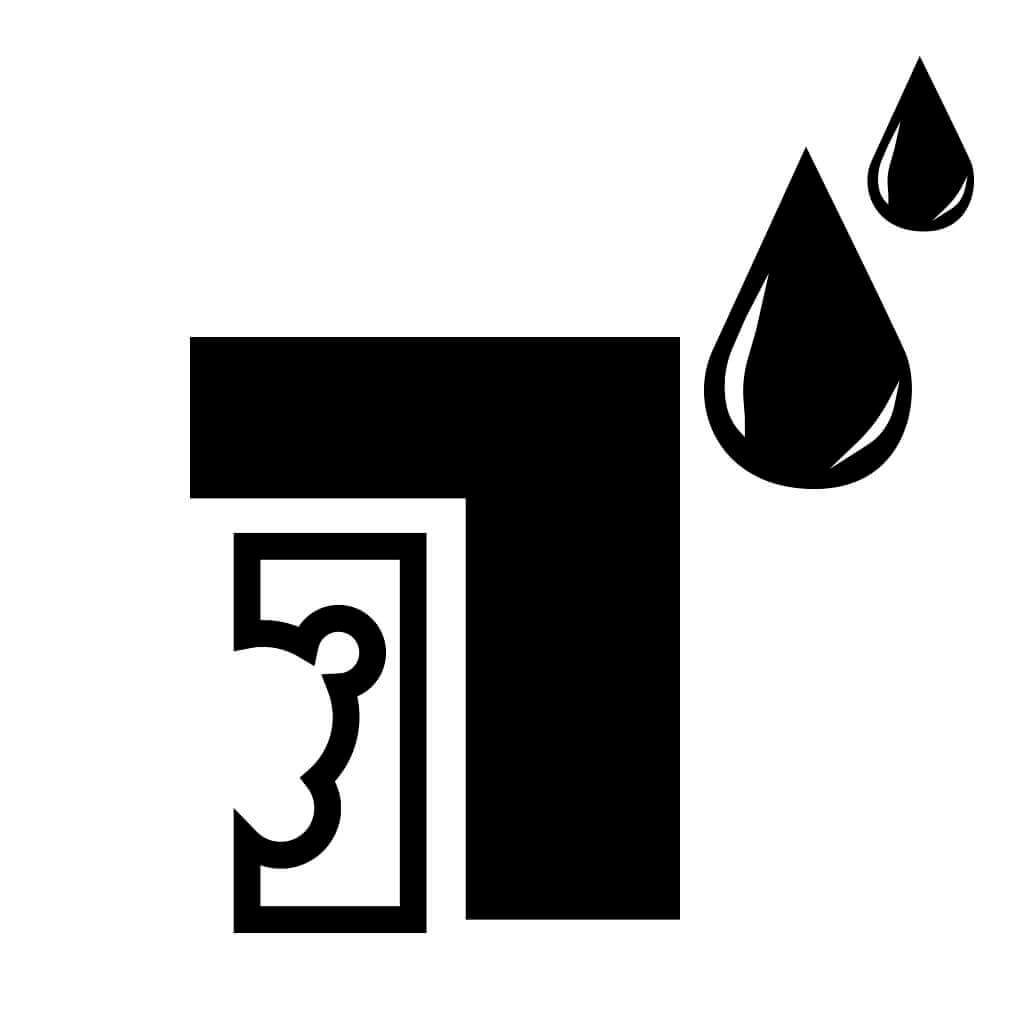
Supports
Water Soluble Supports
Benefits of ABS+GF Include:
- Ideal for structural engineering-grade applications
- Exceptionally stiff and strong without being brittle
- Excellent dimensional stability
- Very low shrinkage, warping, or lifting, something regular un-reinforced ABS is infamous for!
- High thermal properties allowing it to stay in use up to 98°C depending on mechanical loads applied
Safety Data Sheet
This material doesn’t yet have a formal SDS.
Filament Specifications:
1.75mm and 2.85mm +/- 0.05mm in diameter
Recommended Print Settings:
- Extruder: 230-245°C
- Bed Temp: 95-110°C
- Nozzle: We strongly recommend a hardened steel nozzle with a minimum diameter of 0.4mm
- Other: Ideal layer height is 60% of nozzle diameter. We do not recommend printing layers smaller than 0.25mm with glass fiber reinforced filaments
- Bed Prep: Magigoo Bed Prep gives us the best results
- Heated Chamber: Recommended, an enclosure helps reduce warping and improves print success. 30-80°C if at all possible
- Supports: AquaTek™ water soluble X1 USM Universal Support Material is designed to work with complex models
- Drying Instructions: 80°C for 4 hours
Glass Fiber Reinforced Filament
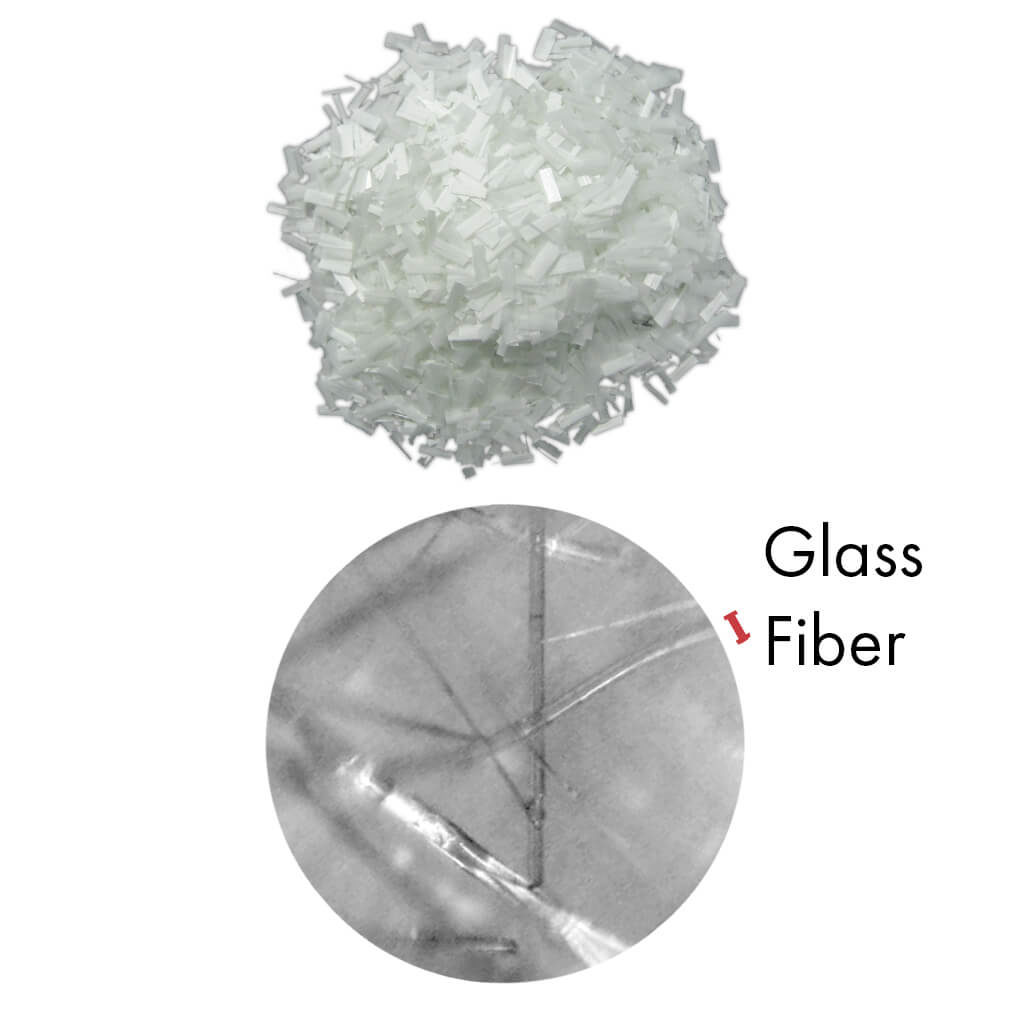
What Is It?
Fibers made of glass reinforced into the polymer during manufacturing and aligned along the axis of filament.
This, along with their physical makeup, give this material enormous strength and mechanical properties.

What Does It Do?
Glass fiber reinforcement gives material a lot of desirable properties:
- High strength
- High stiffness
- High chemical resistance
- Low thermal expansion
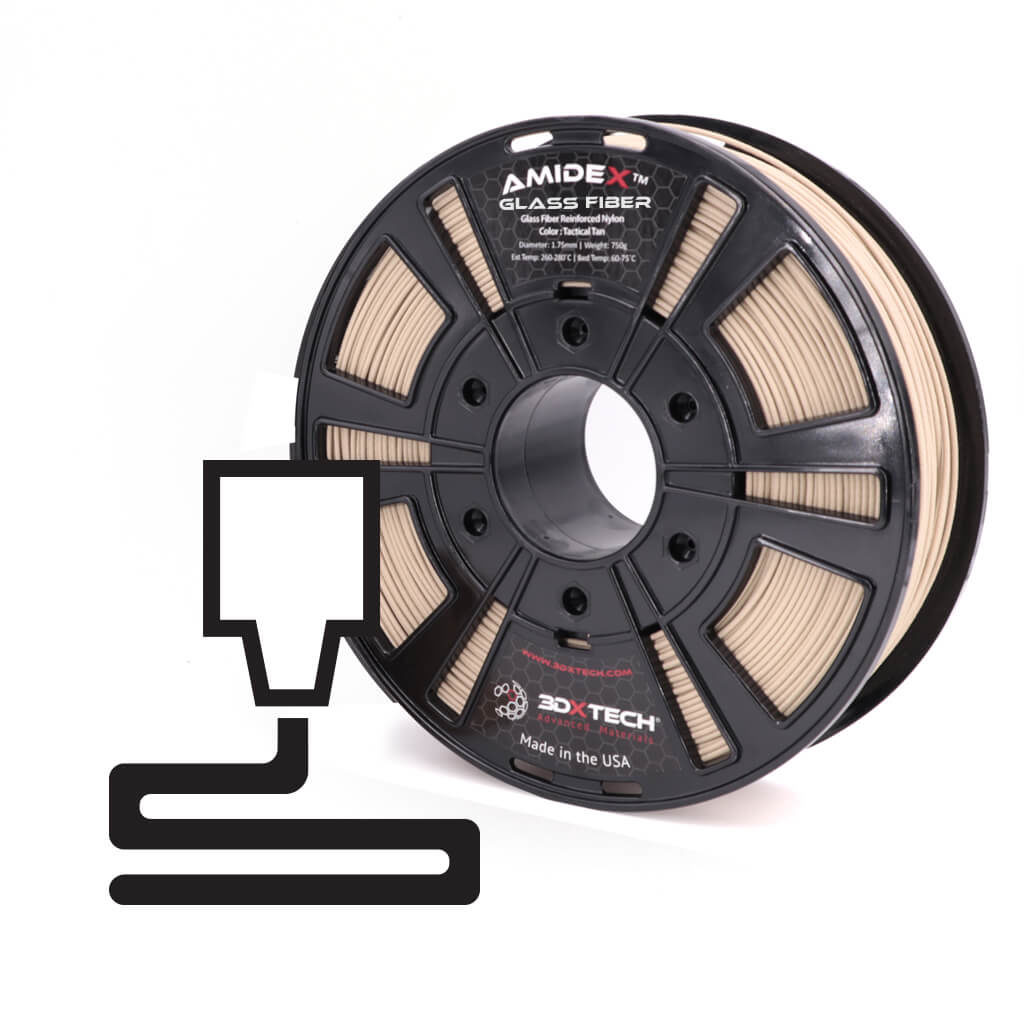
How Does It Work?
Reinforcing plastic with glass fibers produces a 3D printing filament which exhibits the best properties of both fiberglass and the plastic of choice.
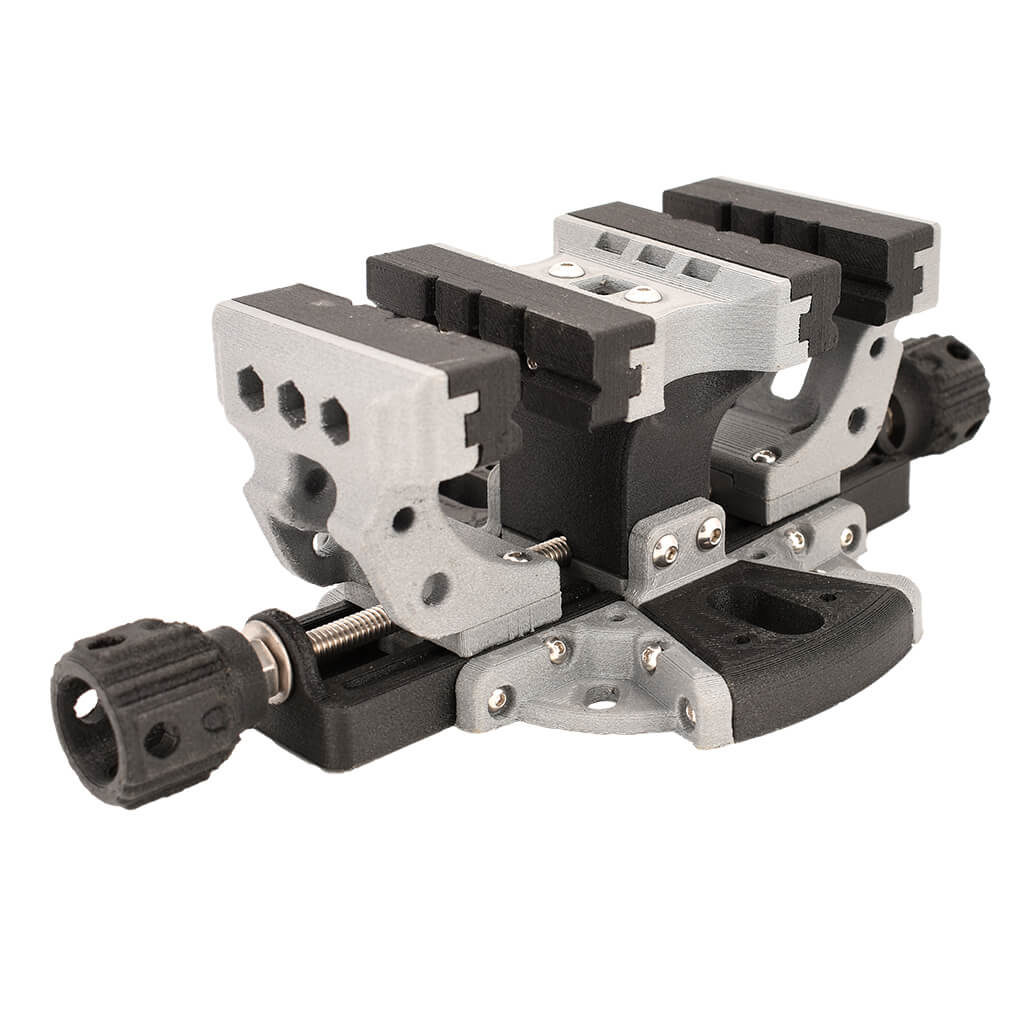
What Is It Good For?
Ideal for any applications which require strength and rigidity.
For these reasons, glass fiber reinforced filament is very popular in automotive, mechanical, civil engineering, and research industries.
Abrasive Material
This material is particularly abrasive among 3D printing filaments. Users may find standard brass nozzles are chewed through very quickly compared to standard wear and tear. When worn through, the nozzle diameter will widen inconsistently and the printer will experience extrusion issues.
Because of this, it's strongly recommended this material be printed through a hardened steel nozzle rather than a softer metal. Hardened steel nozzles can often be inexpensive and easily installed depending on your printer manufacturer's instructions.
Questions?
Send us a message and we'll reach out as soon as we can!

